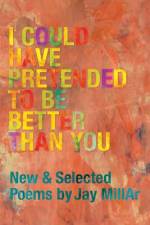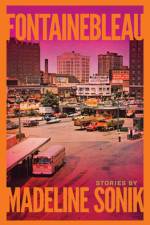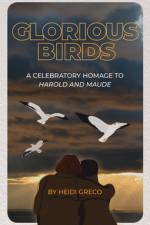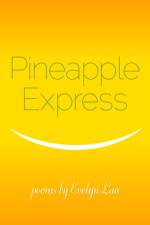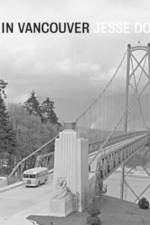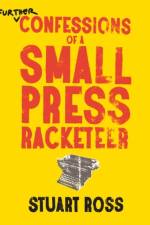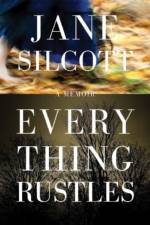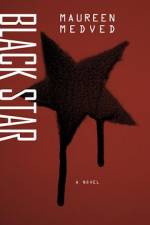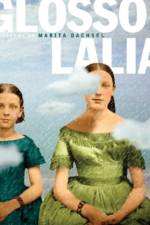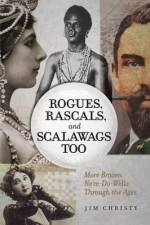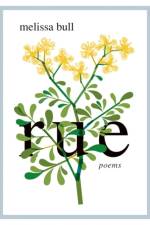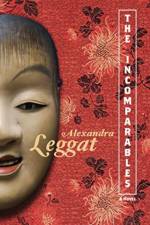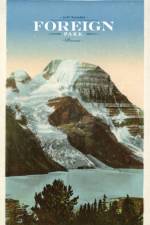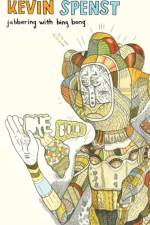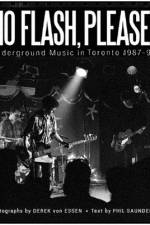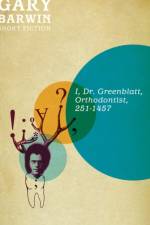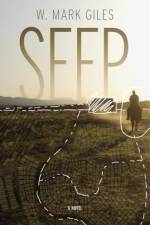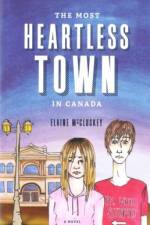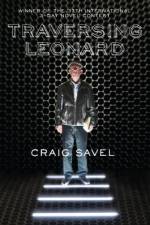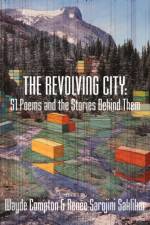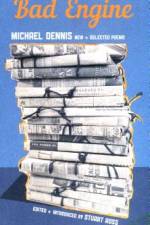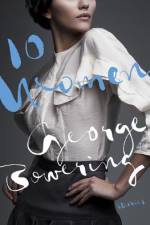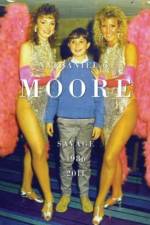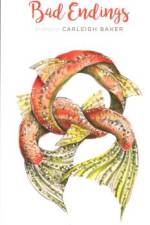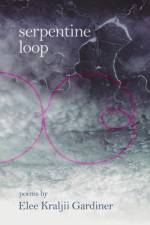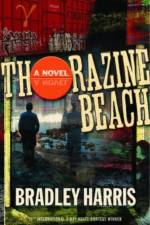av Melissa Bull
195,-
Poetry. Bestseller, Drawn & Quarterly. Shortlisted for the Robert Kroetsch Award, a finalist for the Fred Kerner Award (CAA), and a finalist for the 2016 Debut-litzer. In her compelling debut poetry collection, Melissa Bull explores the familial, romantic, and sexual ties that bind lives to cities. RUE takes us through its alleys, parks, and kitchens with a robust lyricism and language that is at once inventive and plainspoken, compassionate and frank. In English, to rue is to regret; in French, la rue is the street - RUE's poems provide the venue for moments of both recollection and motion. Punctuated with neologisms and the bilingual dialogue of Montreal, the collection explores the author's upbringing in the working-class neighbourhood of St. Henri with her artist mother, follows her travels, friendships, and loves across North America, Europe, and Russia, and recounts her journalist father's struggles with terminal brain cancer. Inspired by powerful Quebec talents like Nelly Arcan, Marie-Sissy Labréche, playwright Annick Lefebvre, Canadians poets Elizabeth Bachinsky, Nikki Reimer and David McGimpsey, Melissa Bull brings an unflinching new feminist voice to the Canadian literary scene. Melissa Bull crashed my personal radar a few months back. I was reading a translation of Nelly Arcan's BURQA OF SKIN, glad to have been granted English access to one of Quebec's great modern writers, when it struck me that what I was reading didn't feel at all mediated. It shouldn't be surprising, then, that RUE (Anvil Press), the poetry debut by the translator in question, is such an assured work...--Ian McGillis, Montreal Gazette Loaded with grief and delight, with love and death, with sex and solitude, the world of Melissa Bull's poetry explores the abundance of human experience. In language that is both playful and whip-smart, we are invited into her world, her city, her most intimate rooms. With wit and sincerity she celebrates and mourns, and we are lucky to witness each and every breath.--Suzanne Hancock, author of Another Name for Bridge and Cast from Bells Melissa Bull's RUE is a riot. Gritty, edgy, with a linguistic and emotional sensibility sharpened to a fine point in Montreal, RUE could have been written nowhere else. What wit, what playful, startling, and yes, rueful observations. RUE is a careening road trip through a life that is painfully aware of its own absurdities while fully in command of language as a force 'to shape and use.'--Rachel Rose, Vancouver Poet Laureate and author of Giving My Body to Science, Notes on Arrival and Departure, and Song and Spectacle In RUE, memories are tied up in the intersections of city streets and meaning is caught between the English (to rue meaning 'to regret') and the French (la rue or 'the street.') Bull's poetry ploughs through the streets of St. Henri, Montreal and knocks down the boundaries between languages as well as between places and their memories... everything in RUE, whether long-past or yet to come, feels sharply and violently present, like a 'bruise, a tongue curling under it.' In the end, every poem in Rue is a fragmented dialogue, a piece of (mis) communication: 'Tonight I saw a movie where a couple argues, / no holds barred, the way we do, / and then laces themselves / tentatively back together again, the way we do.' But even Bull's vulnerabilities rebound as strengths, 'unsheafed / unleavened umbilicus shrimp, ' and her words strongly resist de(con) struction.--Contemporary Verse 2

